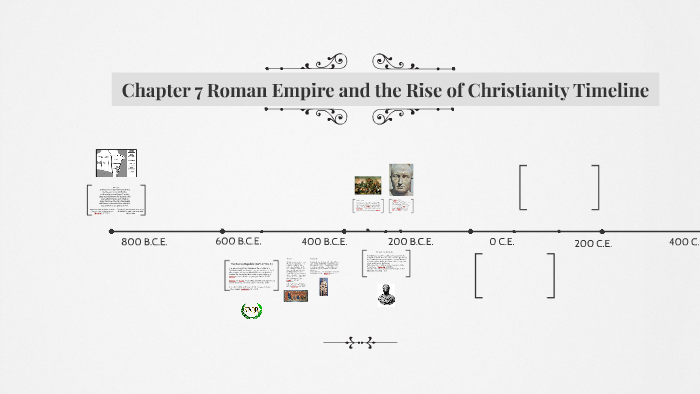

Byzantium was founded by Megarian colonists. Tullus Hostilius became the third King of Rome. Numa Pompilius became the second King of Rome. Drop him in any timeline, in any part of the world, and his popularity. Over the centuries, absolute monarchies gave way to several other forms of government and now only a handful of monarchies, that too ceremonial, remain in the world. According to Roman legend, Romulus was the founder and first King of Rome, establishing the Roman Kingdom. Frederick Barbarossa becomes king of Germany and Holy Roman emperor, greatly extending the power of the empire during a long. For some reason, Chinese Emperors had a Eunuch fetish, which pretty much explains.

Other rulers still revered today are Atilla the Hun, Timur the Lame and Charlemagne. Genghis Khan, the Great Khan of the Mongol Empire conquered vast territories, four times the lands of Alexander the Great. Titus, the ancient Roman Emperor might have had a short reign, but he secured his place in history as he completed the Colosseum and dealt with the eruption of Mount Vesuvius. This timeline goes from 753 BC to 27 BC and then from 64 AD to 1453 AD. This timeline highlights the major events in the history of Ancient Rome. Rome controlled over two million square miles stretching from the Rhine River to Egypt and from Britain to Asia Minor. Being extremely powerful, the emperors and kings have played crucial roles in shaping the history of not just their own empires and kingdoms, but of the whole world. Timeline Description: The Roman Empire was one of the greatest civilizations in history. Rulers of ancient Rome included Julius Caesar, Caligula and Nero. Kings were the rulers of their own kingdoms over which they exercised complete power. The Roman Empire stretched across Europe, North Africa and the Mideast until its collapse in 476 A.D. There have been many vast empires worldwide which consisted of several states and countries. Germanicus (97), Dacicus (102), Optimus (114), Parthicus (116) 7 August 117: natural death. 28 January 98: Imperator Caesar Nerva Trajanus Augustus. October 97: Imperator Caesar Nerva Trajanus.

An emperor is the male sovereign ruler of an empire. 18 September 53: Marcus Ulpius Trajanus Crinitus. The title of Augustus was conferred on his successors to the imperial position, and emperors gradually grew more monarchical and authoritarian. Augustus maintained a facade of Republican rule, rejecting monarchical titles but calling himself princeps senatus (first man of the Senate) and princeps civitatis (first citizen of the state). When we talk of emperors and kings, the picture of a regal man dressed in resplendent attire reigning over some ancient land comes to our mind, for in today’s world what we know about emperors and kings comes primarily from folklores and history books. The Roman emperors were the rulers of the Roman Empire from the granting of the name and title Augustus to Octavian by the Roman Senate in 27 BC onwards.


 0 kommentar(er)
0 kommentar(er)
